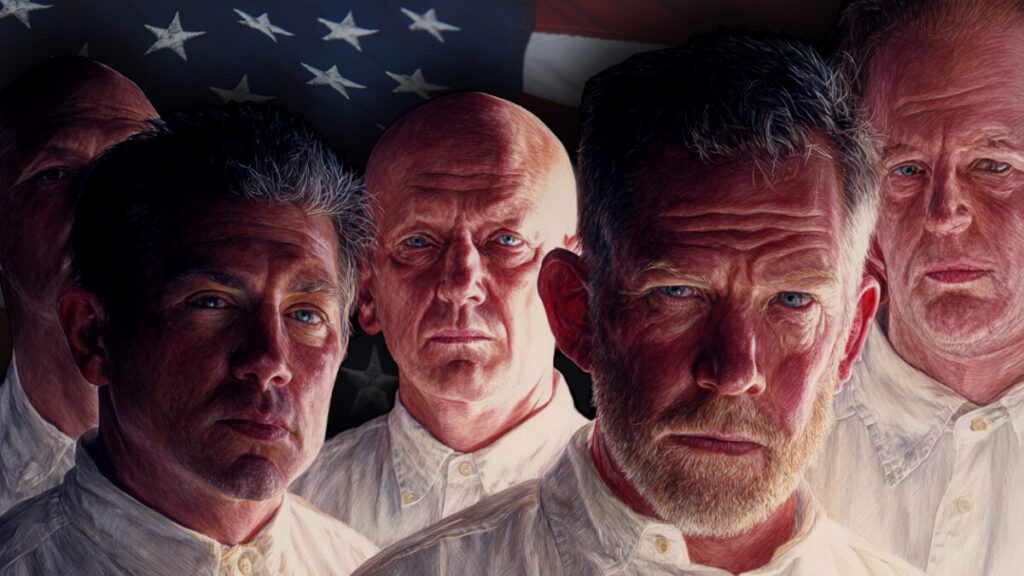Lori Lee’s article discusses the unsettling rise of conspiracy theories and radical philosophies in the U.S., particularly focusing on the surge of Christian nationalism and White supremacy. Heath Druzin highlights the troubling trend of increased acceptance of extremist views, partly fueled by political rhetoric from leaders who previously would have been considered out of the mainstream. The article references Trump’s controversial statements about immigrants, which have become normalized.
Devin Burghart and other experts detail the historical context of White nationalism in America, tracing its evolution from the late 1970s through significant political developments, including the election of President Obama and the Tea Party movement. They note that the far-right’s ideas have become mainstream through the involvement of state legislators in far-right groups, endorsing previously fringe beliefs.
Druzin emphasizes the role of Christian nationalism, which intertwines religious and racial identities. Three strands of this movement are outlined: Far-right Catholicism, White Christian supremacy, and Independent Charismatic beliefs, each having distinct ideologies but united against perceived threats to their way of life.
Despite the decline in church attendance and a growing secularization trend, the article points out that many traditional Christians oppose the aggressive tactics of Christian nationalists. The authors warn about the global rise of similar movements and the potential erosion of democracies where these ideologies gain traction. Ultimately, while the extremist narratives are loud, they do not reflect the majority viewpoint among Americans.



